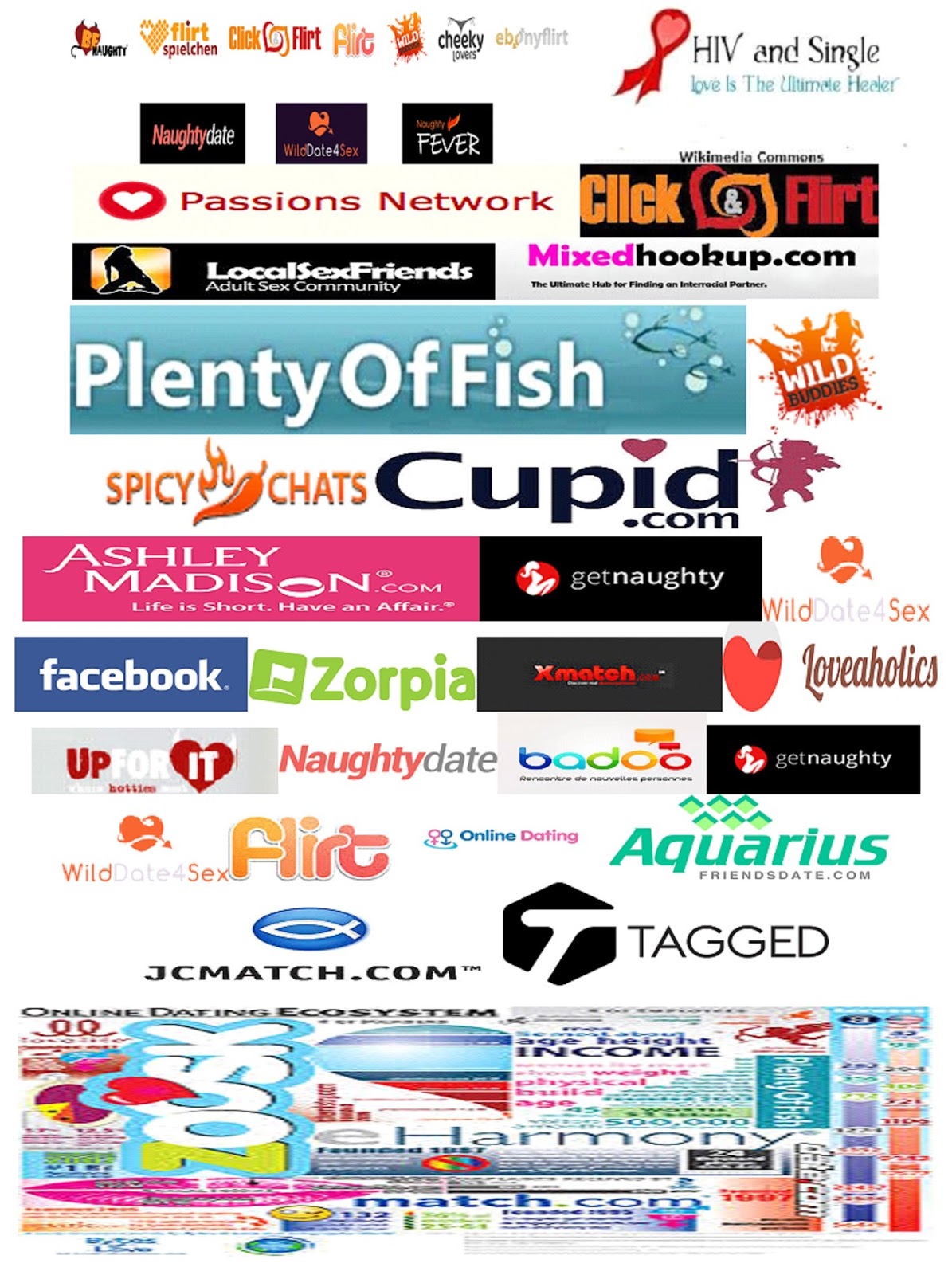“You may well meet up with a person at a mutual friend’s occasion, strike it off but not trade figures or make ideas, and then run into each and every other on Hinge (partially since of that mutual close friend), supplying you a further shot. Or the app could deliver a risk-free way to express fascination in a close friend-of-a-pal whom you’re hesitant to method in person right after all, they only discover out you like them if they like you back again. McLeod told Bernstein this dynamic has key enchantment to Hinge buyers. Although the app stopped recommending real Facebook buddies to just about every other after users complained, friends-of-close friends and close friends-of-good friends-of-friends are considerably likelier to match than people with no relationship (which, regardless of Hinge’s greatest attempts, often comes about).
People like 44 p.c of close friends-of-friends, forty one % of pals-of-friends-of-friends, and a mere 28 p.c of men and women with whom they lack any connection. 8) How truthful is the “Hinge is Fb, Tinder is MySpace” analogy?Pretty truthful, albeit not in methods that are entirely favorable to Hinge. The changeover from MySpace to Facebook was, as the social media scholar danah boyd has argued, a situation of digital “white flight. ” “Whites were being a lot more likely to go away or pick Facebook,” boyd explains.
- Is it acceptable to date a co-personnel?
- Do you find it good to this point a friend’s ex?
- How do I deal with online dating an individual with some other street fashion choices?
- Examples of the indications of psychological and mental adulthood inside of a associate?
- When will i put up with an associate who seems to be exceedingly imperative?
- How will i control an associate with different holiday getaway tradition?
“The educated ended up more most likely to go away or opt for seniormatch.com reviews Facebook. These from wealthier backgrounds have been more most likely to go away or opt for Facebook. People from the suburbs ended up much more possible to depart or select Facebook. “In some feeling, this was baked into Facebook’s premise. It started amongst college learners – in specific between Harvard students, and then students at other highly selective, elite faculties, and then learners at all colleges, and so on.
Do you know the warning signs of a fit intimate marriage?
It grew out of an original consumer foundation that was largely wealthy and white progressively it grew to become connected with the bourgeoisie and MySpace with the proletariat. Facebook might or may perhaps not have been deliberately exploiting these class dynamics, but individuals dynamics performed a extremely genuine role in the site’s improvement. If you doubt Hinge is the relationship application of the privileged, take into account that it pretty much ranked financial institutions by the eligibility of their solitary workers. (Hinge)Hinge, likewise, targets an elite demographic.
It is really only obtainable in towns. Its end users are 20-somethings and nearly all went to college. “Hinge users are ninety nine percent higher education-educated, and the most preferred industries contain banking, consulting, media, and vogue,” McGrath states. “We lately located 35,000 people attended Ivy League educational facilities. “Classism and racism have normally been complications in online relationship.

Christian Rudder, a cofounder of OKCupid, demonstrates in his reserve Dataclysm that in three main regular relationship web pages – OKCupid, Match. com, and DateHookup – black women are continuously rated reduce than ladies of other races. Buzzfeed’s Anne Helen Petersen set collectively a Tinder simulation in which 799 individuals (albeit non-randomly selected types) every evaluated thirty fake profiles built utilizing stock photographs, and found that people’s swipes depended strongly on the perceived class of the future match. ” If a consumer self-identified as upper-center-course and identified the male profile ahead of him or her as ‘working-course,’ that person swiped ‘yes’ only thirteen % of the time,” Petersen writes.
